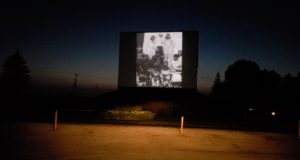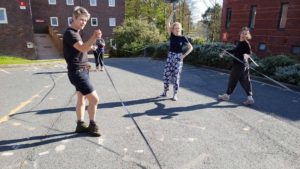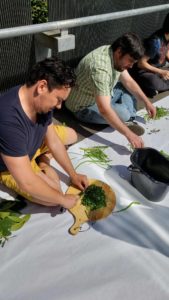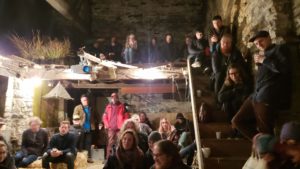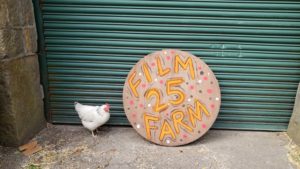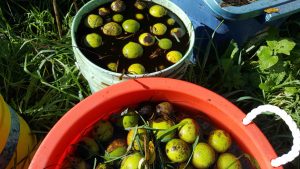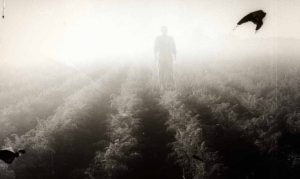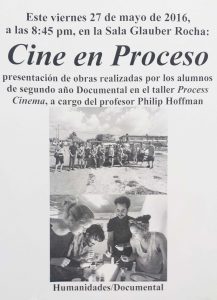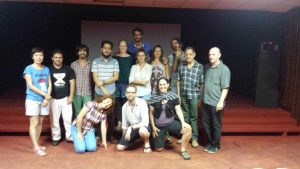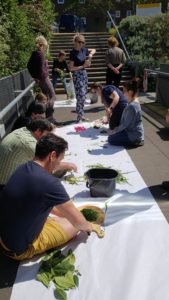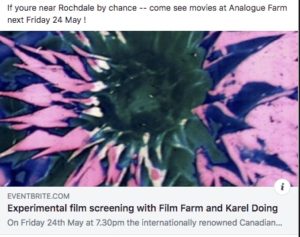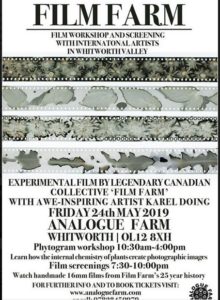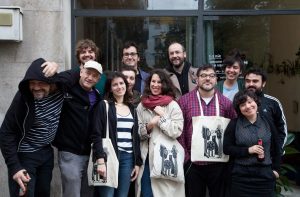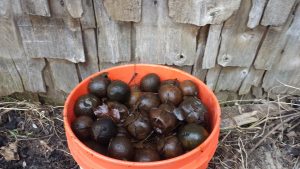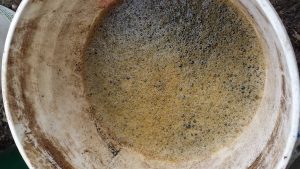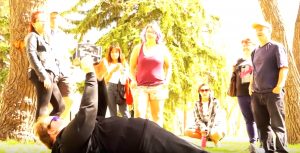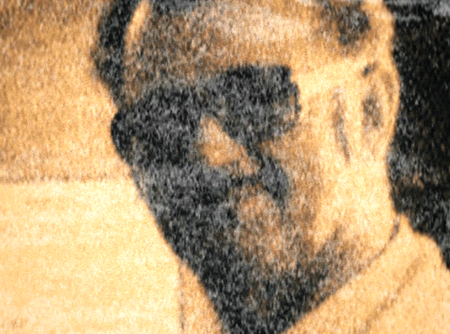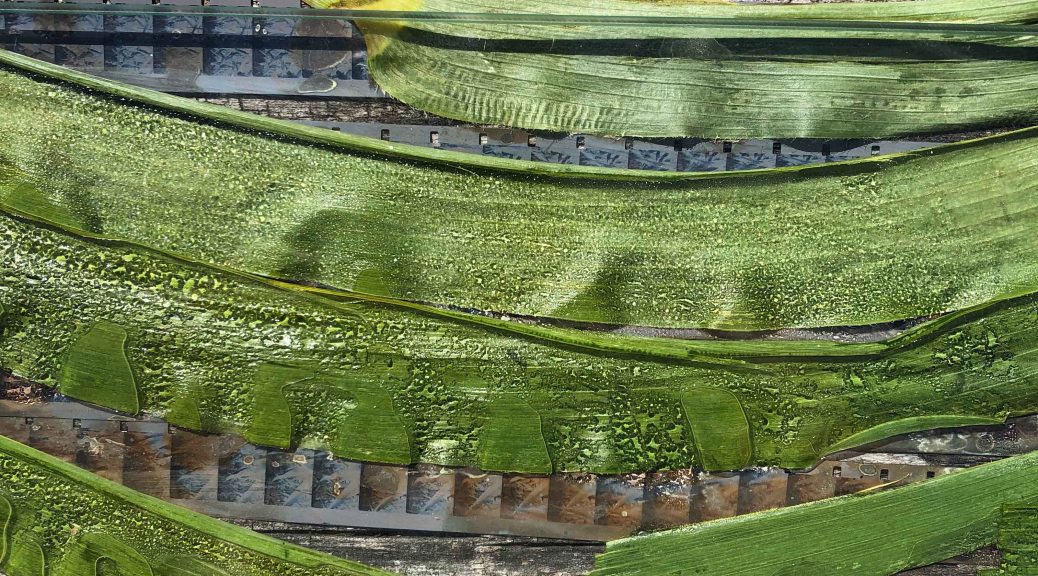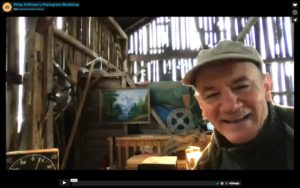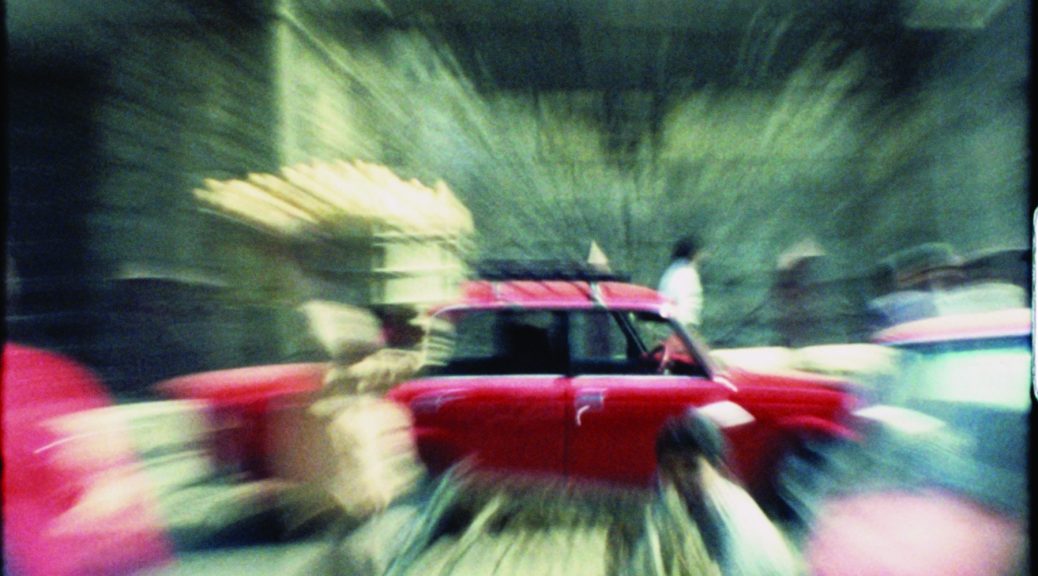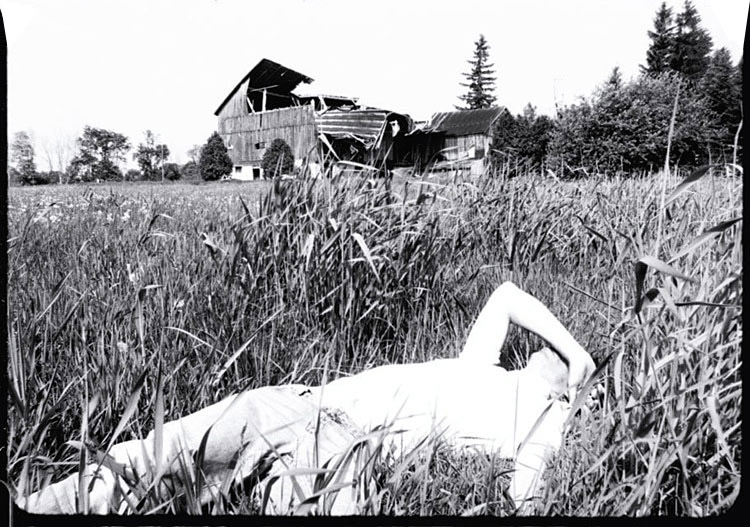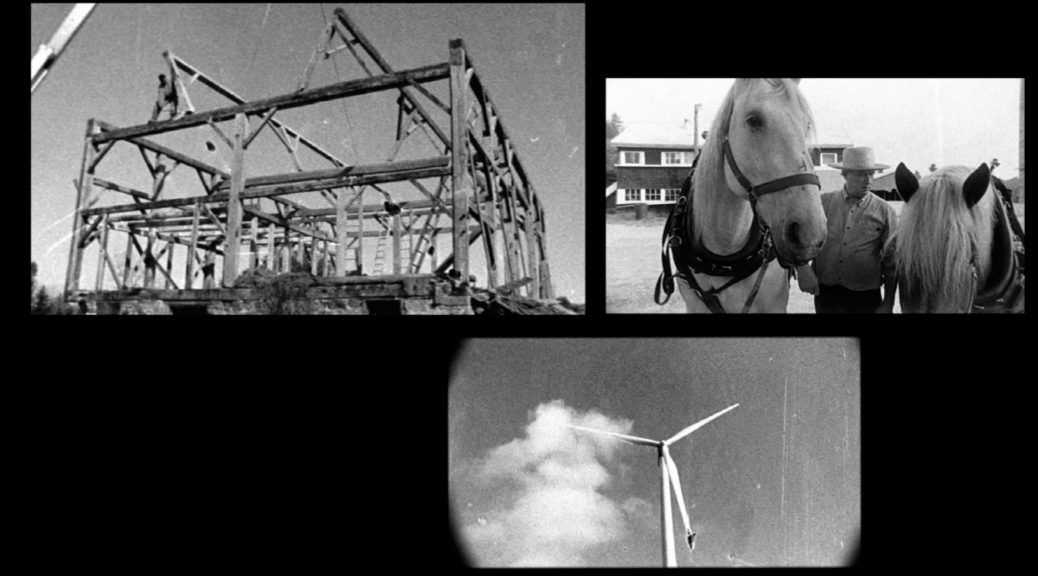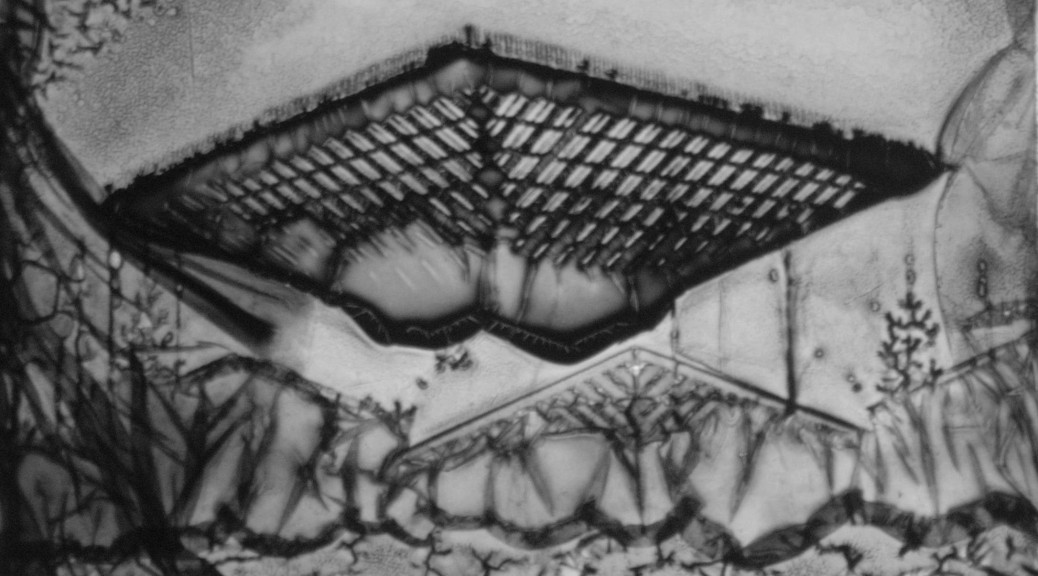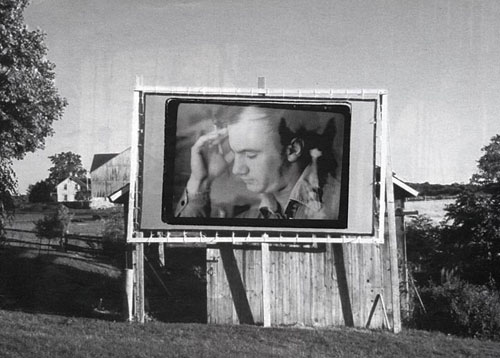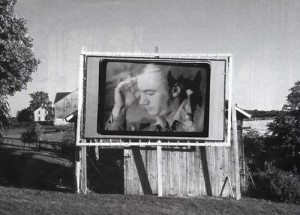by Jeff Hicks
Kitchener Post
March 10, 2016
Philip Hoffman is a diary filmmaker, a scotch-tape scavenger of scattershot memories.
He finds them, crimped and creased, on the photographic scrap-heaps of life and time. He holds them in his disjointed card deck of disarray.
Then, maybe one inspired day, he sticks them to celluloid home between sprocket holes.
“That’s sort of the heart of my approach,” said the 60-year-old Waterloo native on Thursday morning before addressing his film class at York University in Toronto.
“I collect images over a long period of time. Sometimes I don’t even know what I’m going to do with them.”
But his running cinematic journal is constant and fluid. He fills its ethereal pages with audio, video, film and photographs. He is a pack rat of cinematic potential.
That’s why, after 38 years and as many as 30 projects, he has been honoured with a Governor General’s Award in Visual and Media Arts for career achievement.
He’ll receive a medallion at Rideau Hall on March 23. The cash prize is $25,000.
He found out in November. He kept quiet and kept busy, like when he was a teen working the kill line at the family meat plant on Maple Street in Kitchener.
The award was officially announced on Monday.
“I got a lot of congrats from my hockey pals,” said Hoffman, who still plays in a Yorkdale men’s league that often uses the ice at the remnants of old Maple Leaf Gardens.
Hockey and hybrid filmmaking. That’s become the faceoff forté for Hoffman, a long-ago junior puck-chaser for the Waterloo Siskins and Hespeler Shamrocks.
Meshing a digital present with an acetate past still carries aesthetic appeal.
“I see it in my classes,” he said. “People are nuts about still handling celluloid.”
Keeping film alive. Is that his hand-processed crusade? Is that why he runs a “film farm” retreat for experimental filmmakers each summer at his country home in Mount Forest?
“Film is from the past,” he said. “I want to see how it can live in the present.”
The past lives in Hoffman’s first film, “On the Pond.” How long ago? It was 1978.
He pulled his parents, Phil and Susan, and triplet older sisters — identical Colleen and Frannie, plus fraternal Philomene — into his room in their Bridgeport Road home.
He played a slide show of family memories he had chronicled and tape-recorded the audio of their reactions. There was a lot of artistic talent huddled in that room, providing the running commentary to his modest nine-minute epic on the boy’s birthday.
Colleen and Frannie, now living in Oakville and Florida, respectively, started a modelling agency in town. They appeared in TV commercials too, selling washers and dryers and Doublemint chewing gum. And Philomene, now a Toronto-based folksinger, went on to teach music.
Hoffman’s mom Susan was a painter, too. She also crafted beautiful driftwood sculptures at their cottage near Owen Sound. Hoffman used to boat his mom across the McCullough Lake waters so she could scoop up driftwood for her creations.
Hoffman combined his family’s ad-libbed soundtrack with film footage he shot of his cousin Bradley skating on a frozen lake by the cottage.
The 16-mm shortie was the developing story of Hoffman’s young Waterloo life, processed in the dark room he set up in the family basement.
“I kind of started doing it because photography was a way I could express myself,” he said. “I had three sisters. They sort of ran the show. They were pretty dominant as a trio. I’d just kind of do photography and go fishing and get out of the commotion.”
He studied literature at Wilfrid Laurier. He took visual arts at Sheridan College.
He liked beat poetry, too. The spontaneity spoke to his freestyle creative soul.
“Spontaneity is really my process,” he said. “It’s like collecting things spontaneously, and then carving those moments into films.”
Not all those moments are comforting. Intense grief has pierced his work, too.
Twenty years ago, his partner Marian, a writer, died suddenly during a cancer biopsy operation. The 55-minute “What these Ashes Wanted,” an exploration of mortality, was his anguished artistic response to her loss.
“Working on the film was a place to go during that grieving period,” he said. “It was a comfortable place within the pain. I felt safe there.”
Two years after Marian’s death, Hoffman met Janine, a film teacher. They are now married and Hoffman has a 24-year-old stepdaughter in Jessie.
Janine co-wrote his 55-minute feature “All Fall Down” from 2009.
Hoffman’s latest film, a collaboration with Toronto-based filmmaker Eva Kolcze, explores the grounds of Montreal’s Expo 67. The scavenger was at work again. He found some cast-aside Super 8 film on the event in a library and etched it into their film.
“There’s a type of filmmaking within independent film called ‘found footage’ filmmaking,” he said. “You’re recycling images.”
But you’re framing them in fresh ways, combining old and new methods.
“I try to make films that deal with memory,” Hoffman said. “And how history is remembered.”
Originally published here.

